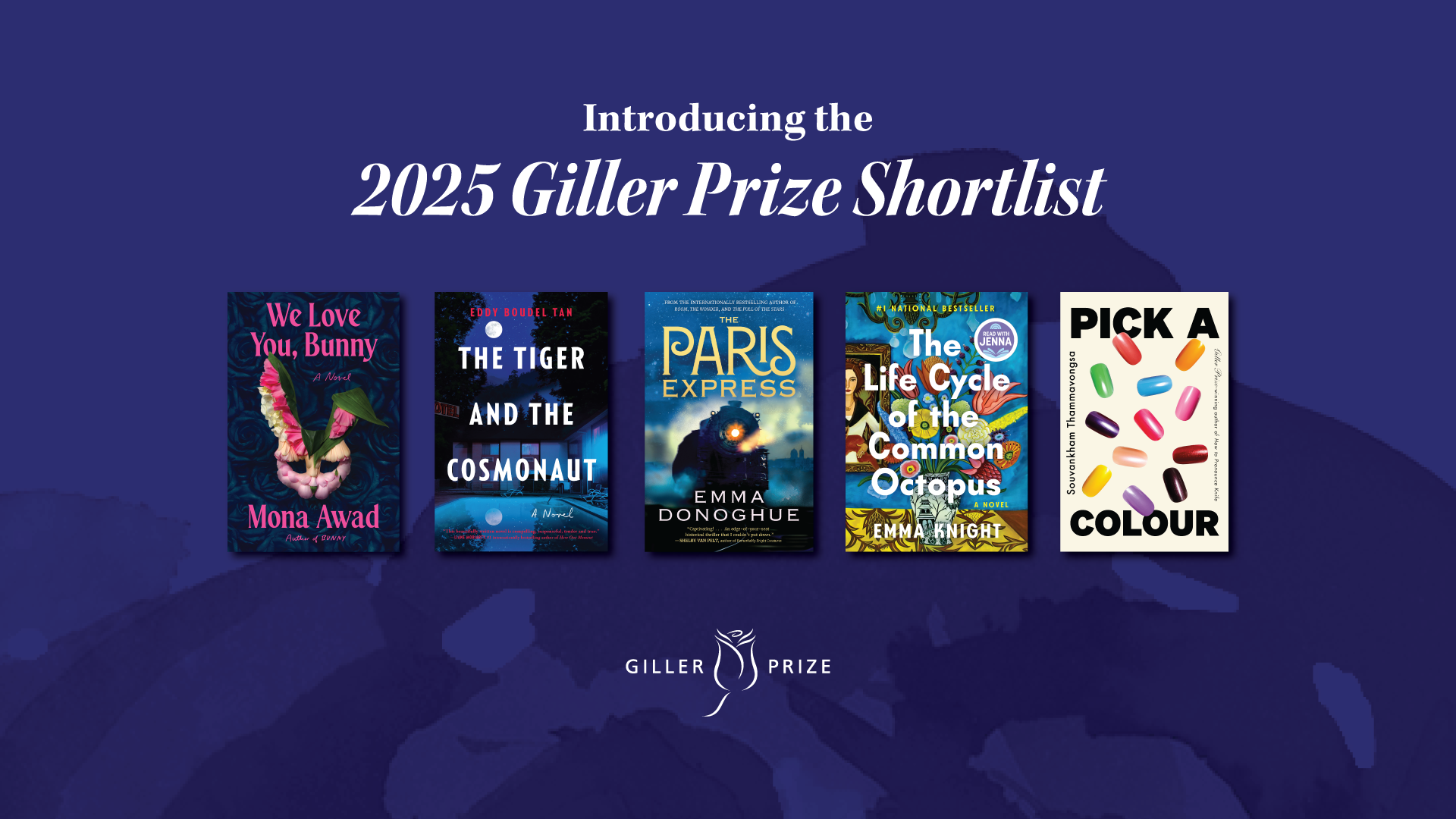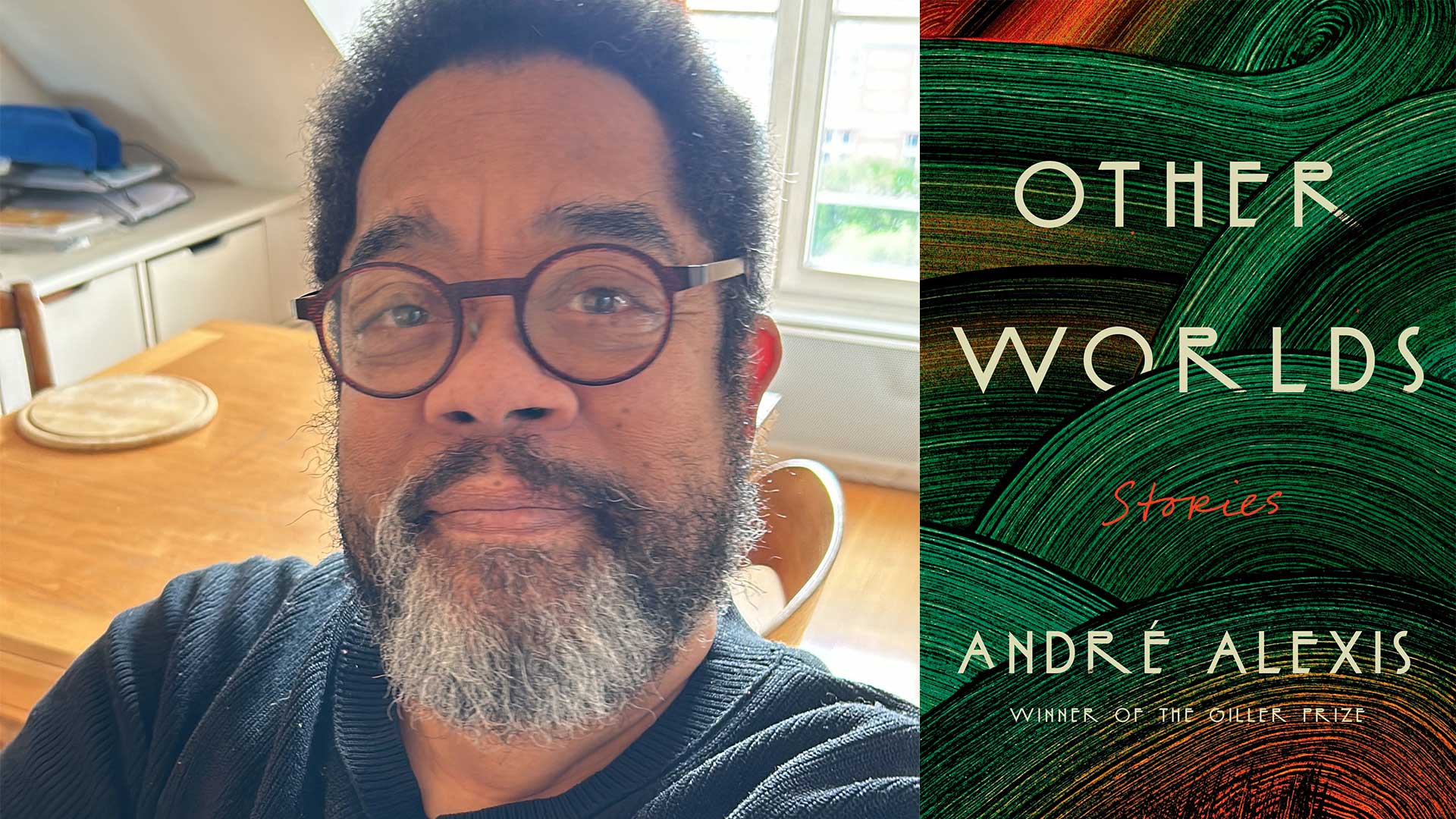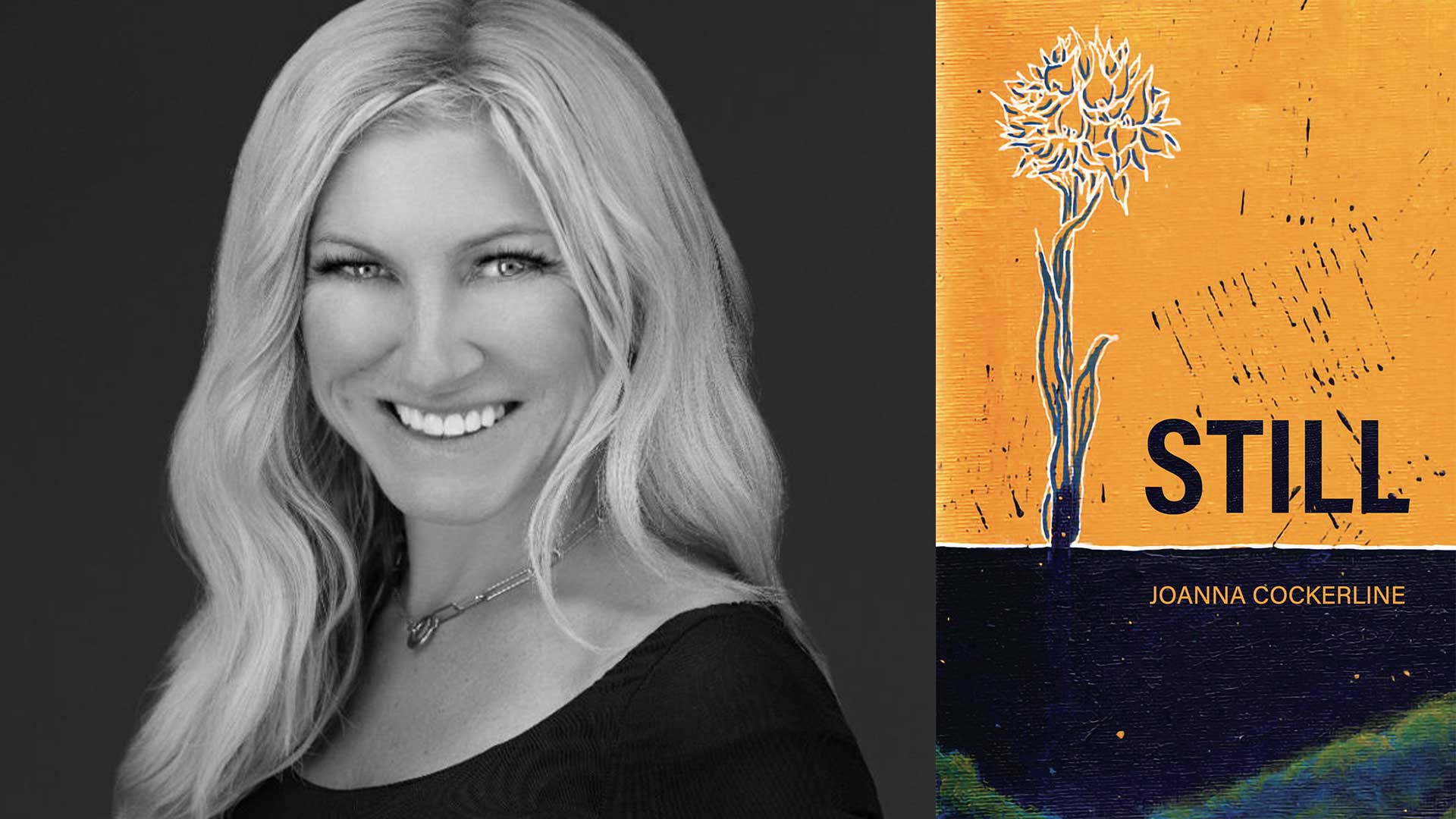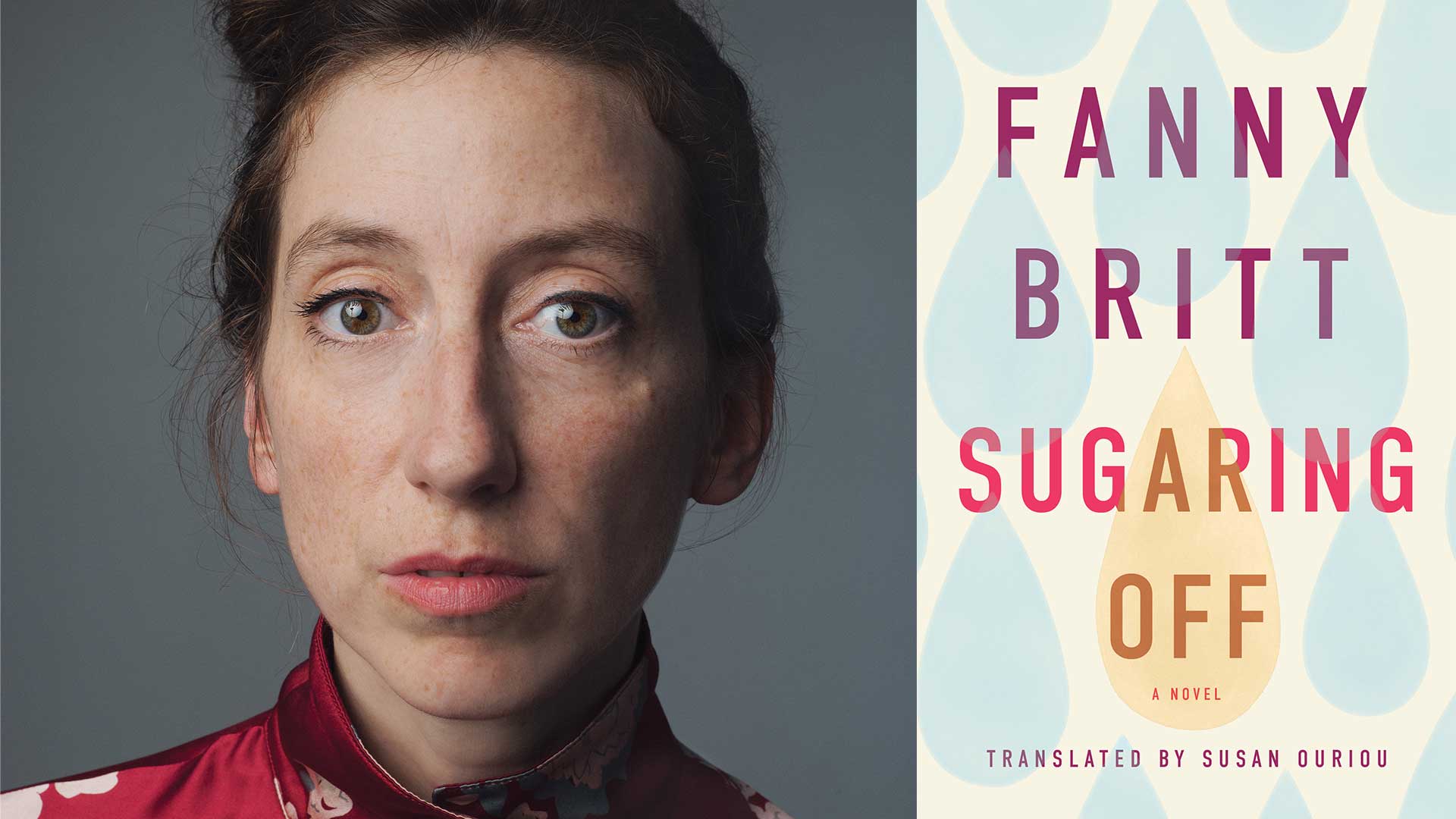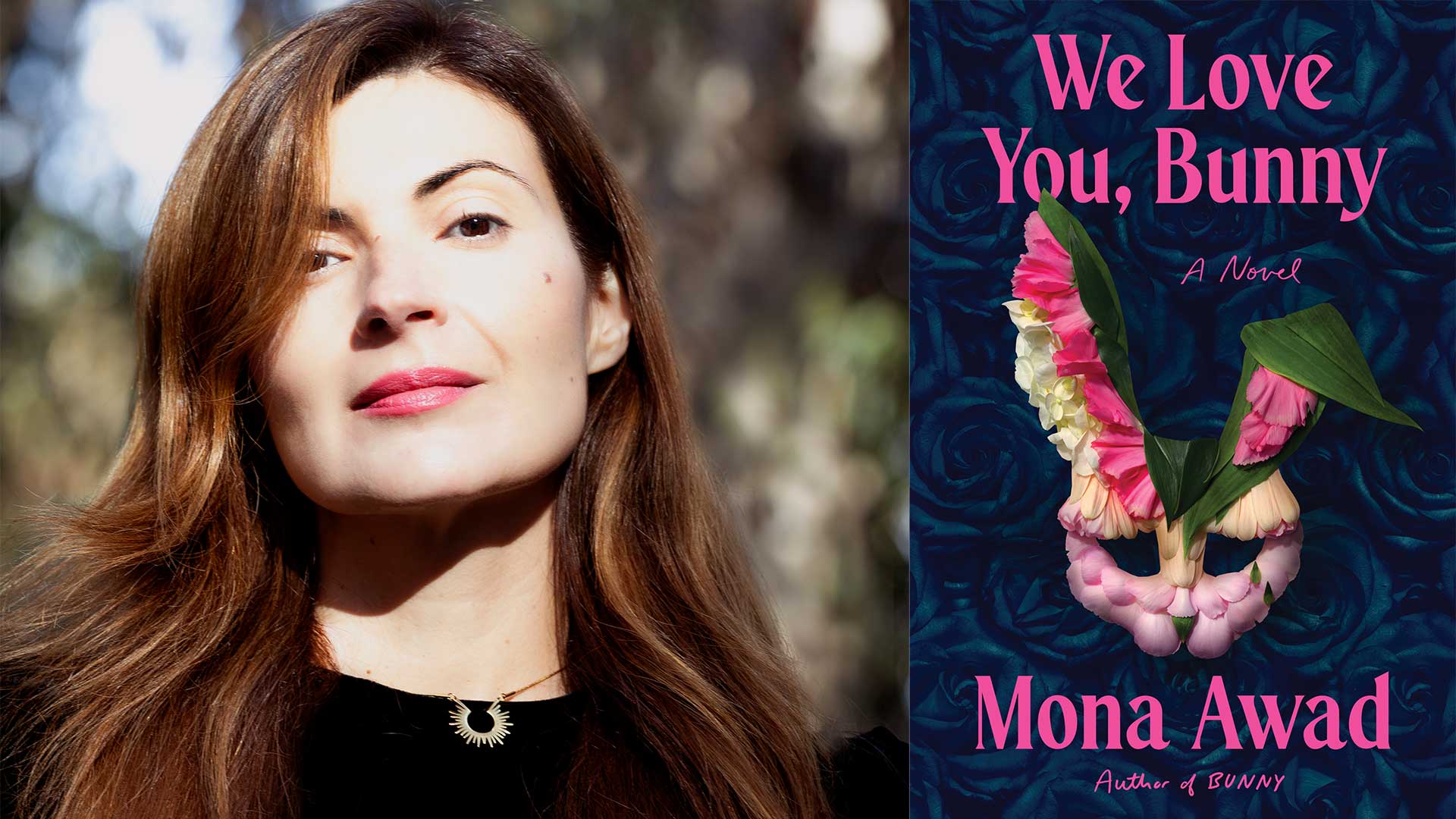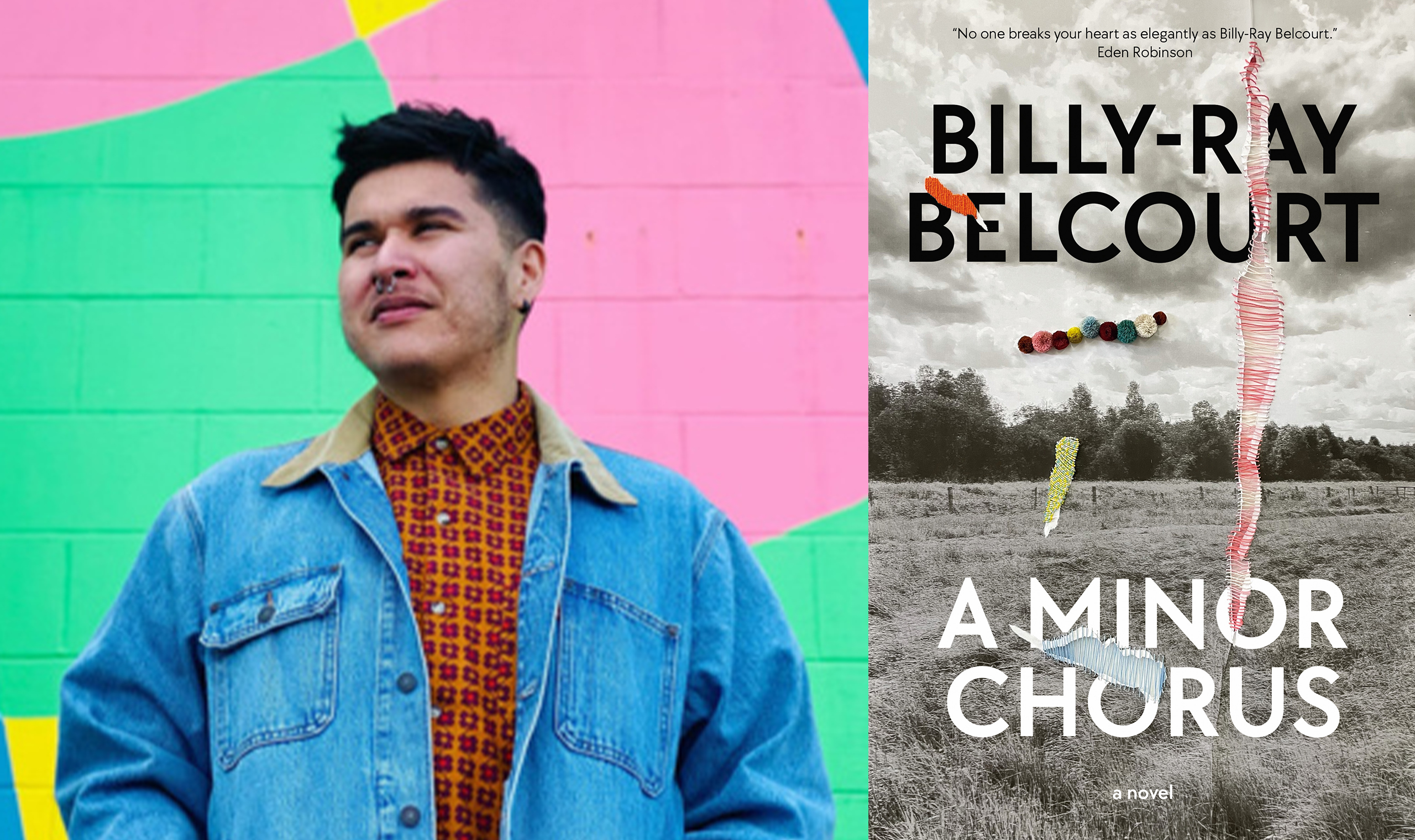
Scotiabank Giller Prize Spotlight: Billy-Ray Belcourt
Scotiabank Giller Prize Spotlight: Billy-Ray Belcourt
September 23, 2022
Billy-Ray Belcourt’s novel A Minor Chorus has been longlisted for the 2022 Scotiabank Giller Prize.
Billy-Ray Belcourt (he/him) is a writer from the Driftpile Cree Nation. He won the 2018 Griffin Poetry Prize for his debut collection, This Wound Is a World, which was also a finalist for the Governor General’s Literary Award. His bestselling memoir, A History of My Brief Body, won the Hubert Evans Non-Fiction Prize and was a finalist for the Lambda Literary Award and the Governor General’s Literary Award. A recipient of the prestigious Rhodes Scholarship and an Indspire Award, Belcourt is Assistant Professor of Indigenous Creative Writing at UBC.
What/who inspires you to write?
My friends and family, my peers. A larger literary project of resistance. A decolonial imagination.
Do you have a favourite passage/quote from a book?
“Tell me how all this, and love too, will ruin us. / These, our bodies, possessed by light. / Tell me we’ll never get used to it” (Richard Siken, “Scheherazade”).
Where is your favourite place to write?
The place I write most is at the desk in my living room. I write in front of a window through which I can see a few trees and, sometimes, a neighbour’s elderly dog, all little reminders of the world’s beauty.
Is there an activity you do to help inspire your writing?
Combing through books I’ve been moved by, rereading lines/passages I’ve underlined.
Do you have a tradition for every time you finish a book?
Alas, I don’t; if anything, maybe printing it out or posting about it on social media haha.
What are you reading now?
White on White by Aysegul Savas. I loved her first book, Walking on the Ceiling. They are both about creativity and freedom.
What is your favorite CanLit book?
I’ll name a few books by writers working in Canada: Islands of Decolonial Love by Leanne Betasamosake Simpson, Jonny Appleseed by Joshua Whitehead, The Blue Clerk by Dionne Brand, In the Wake by Christina Sharpe.
What would your job be if you weren’t an author?
If I didn’t write at all or hadn’t become a writer, then probably an academic of literary theory, books would have always been involved.
What is your favourite book from childhood?
I didn’t have access to books until secondary school, really — I remember being fond of the short stories we read in elementary to test reading comprehension. A very formative book was Beatrice Mosionier’s In Search of April Raintree, which I read in high school because my older sister had been assigned it in a class at Grande Prairie Regional College.
Is there a book that you find yourself reading over and over again?
I’m always revisiting and thinking about José Esteban Muñoz’s Cruising Utopia.
How did you know you wanted to be an author?
The very first poems I wrote, I published on a blog I made during undergrad. People were very kind and embraced me as a poet until I could do the same. So, I was a poet before I was an author. Getting a book deal from the lovely folks at Frontenac House in Calgary made me an author.
What inspired you to write your Scotiabank Giller Prize-nominated book?
I was fixated on what Roland Barthes (a la translator Kate Briggs) called the “fantasy-of-the-novel,” which is about the aesthetic ideals that novels represent: a way of living that is devoted to art, to sentences and images. I spent many months trying to write a novel but couldn’t. I wrote my memoir instead. Then, I landed on the idea that would become A Minor Chorus – writing about writing a novel about northern Alberta. I wanted to present a literary picture of northern Alberta as a place of beauty and struggle and resistance, a place worthy of artistic consideration.
What do you hope readers take away from your book?
That the lives of rural Indigenous peoples are resonant with so much political and philosophical possibility, that another world is possible, that prisons aren’t solutions to the structural issues that subjugate Indigenous peoples.
Share this article
Follow us
Important Dates
- Submission Deadline 1:
February 14, 2025 - Submission Deadline 2:
April 17, 2025 - Submission Deadline 3:
June 20, 2025 - Submission Deadline 4:
August 15, 2025 - Longlist Announcement:
September 15, 2025 - Shortlist Announcement:
October 6, 2025 - Winner Announcement:
November 17, 2025

